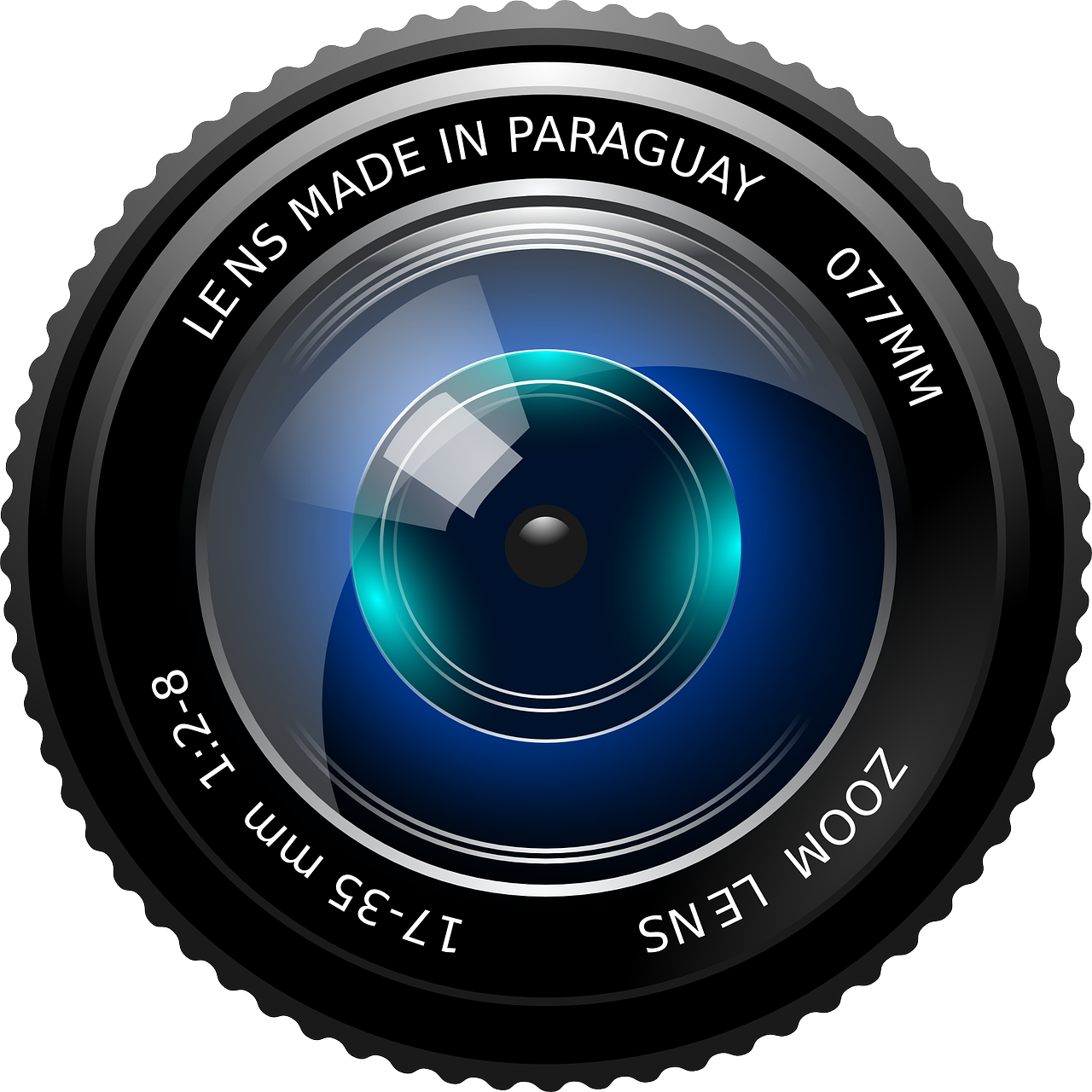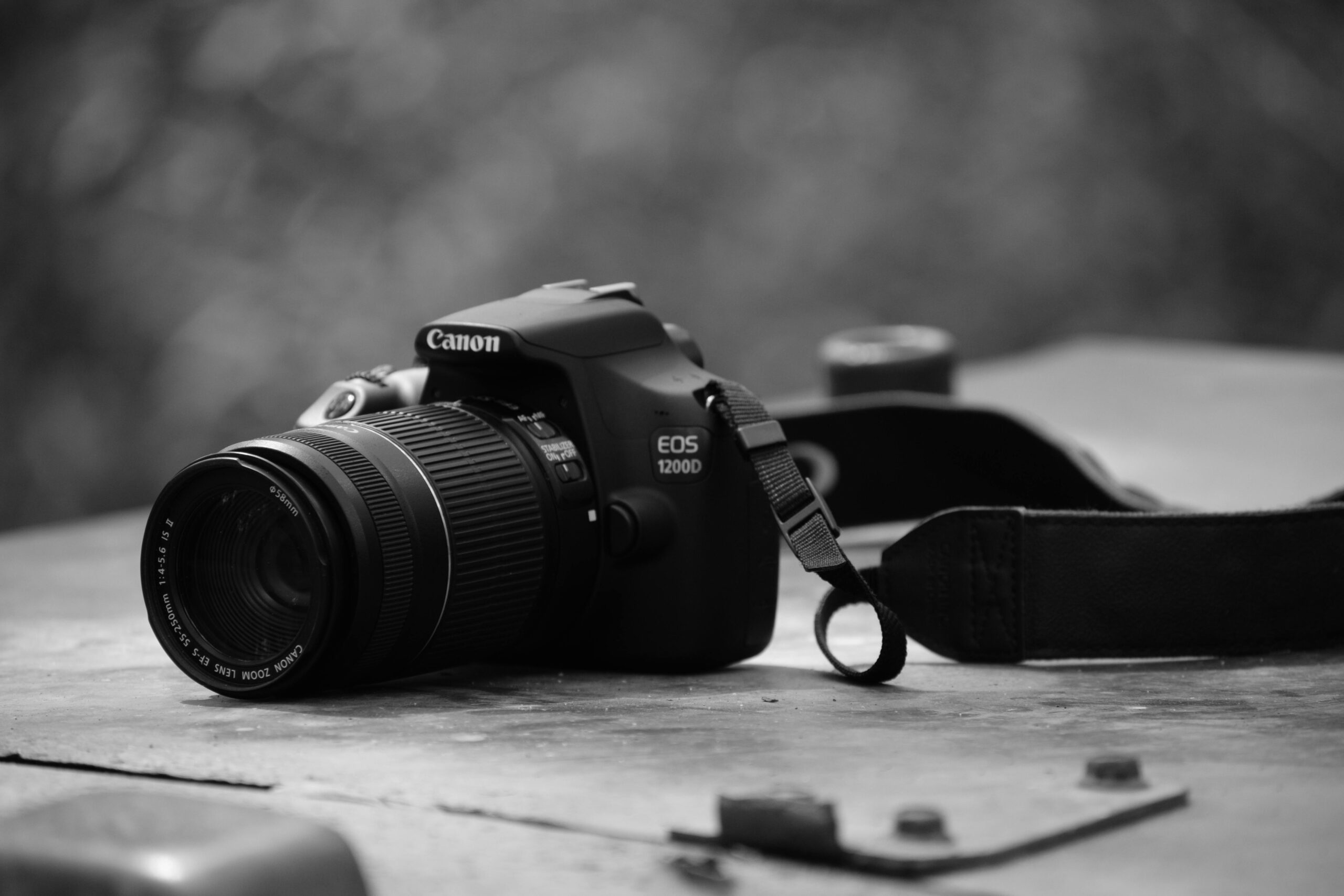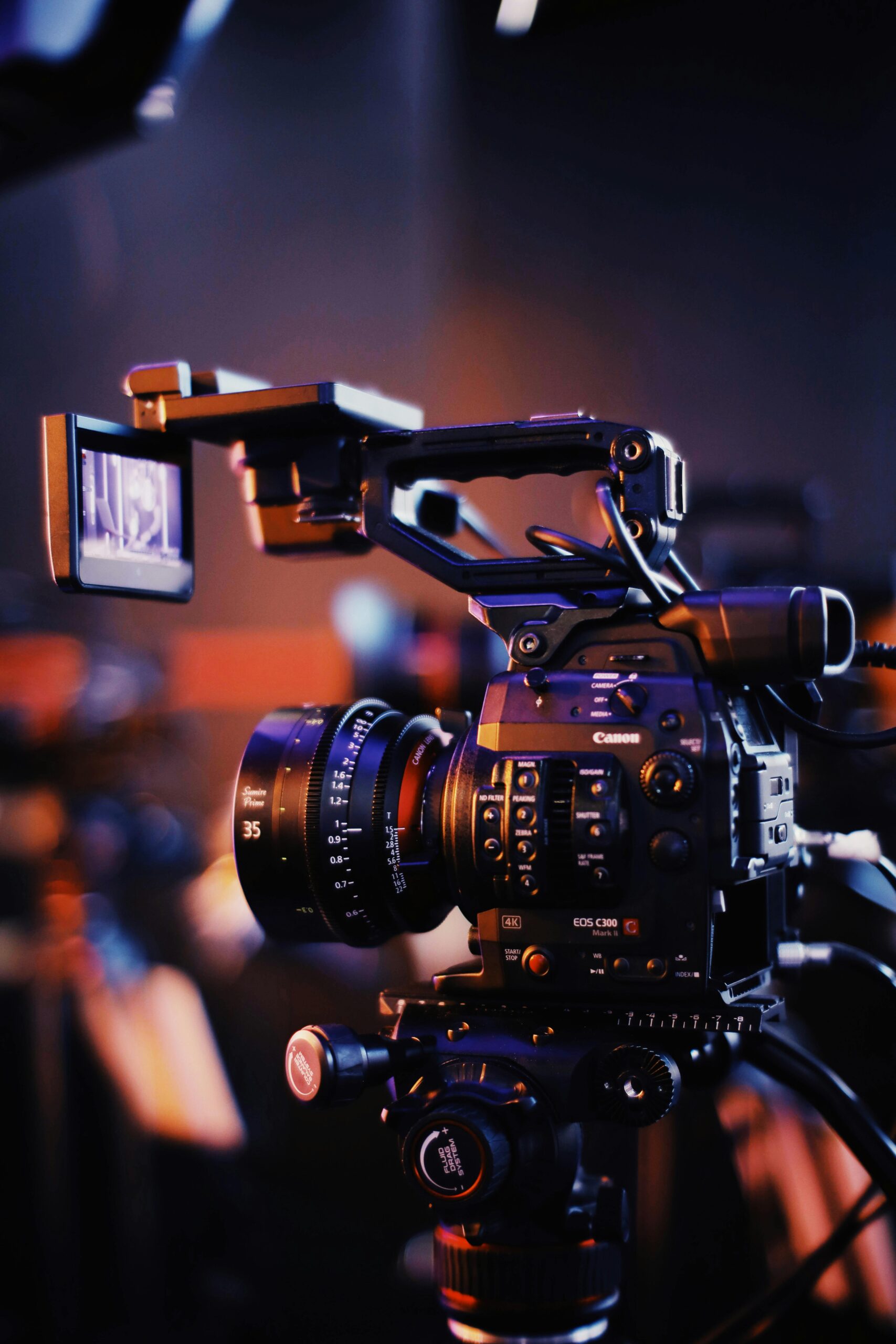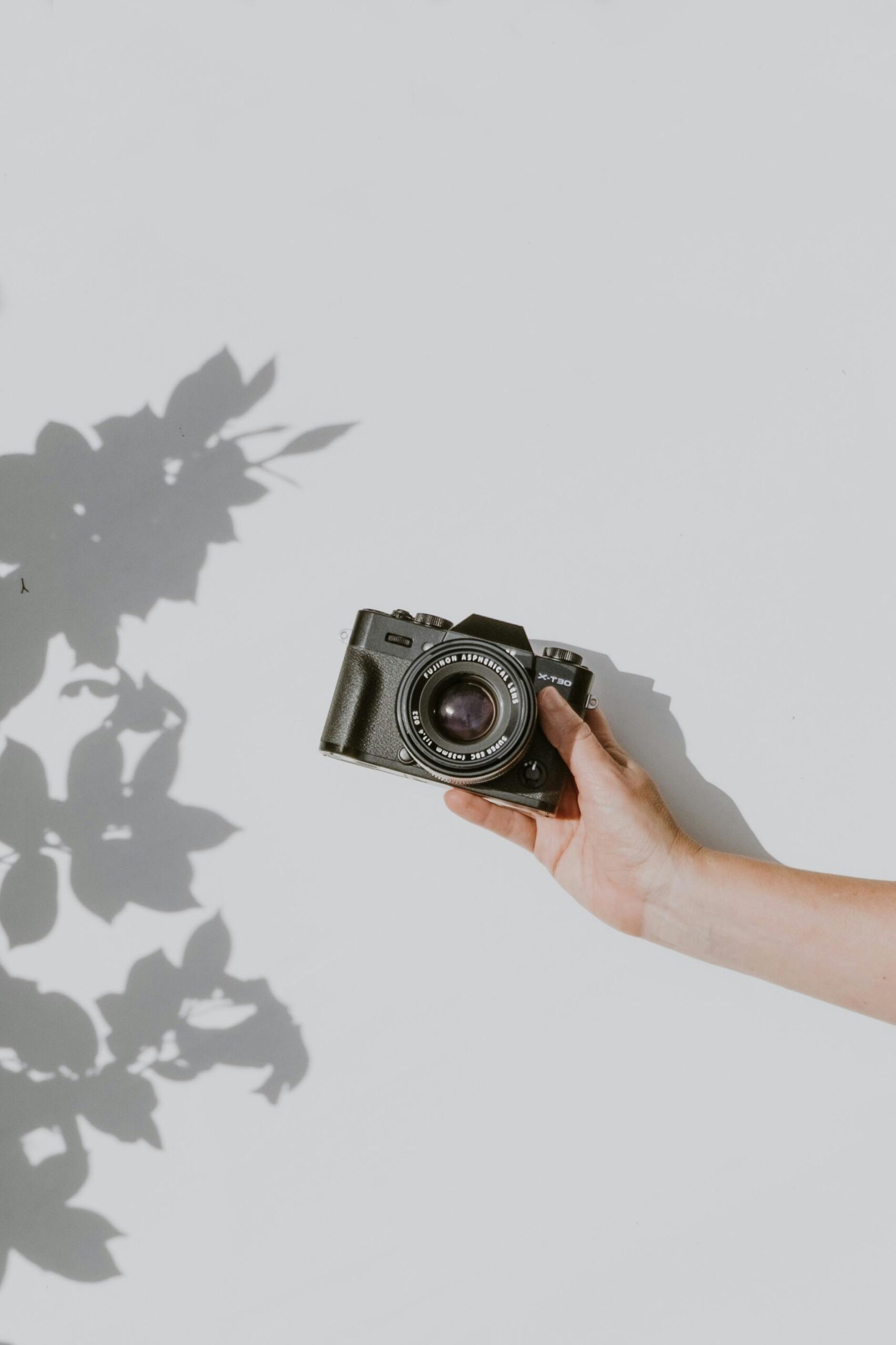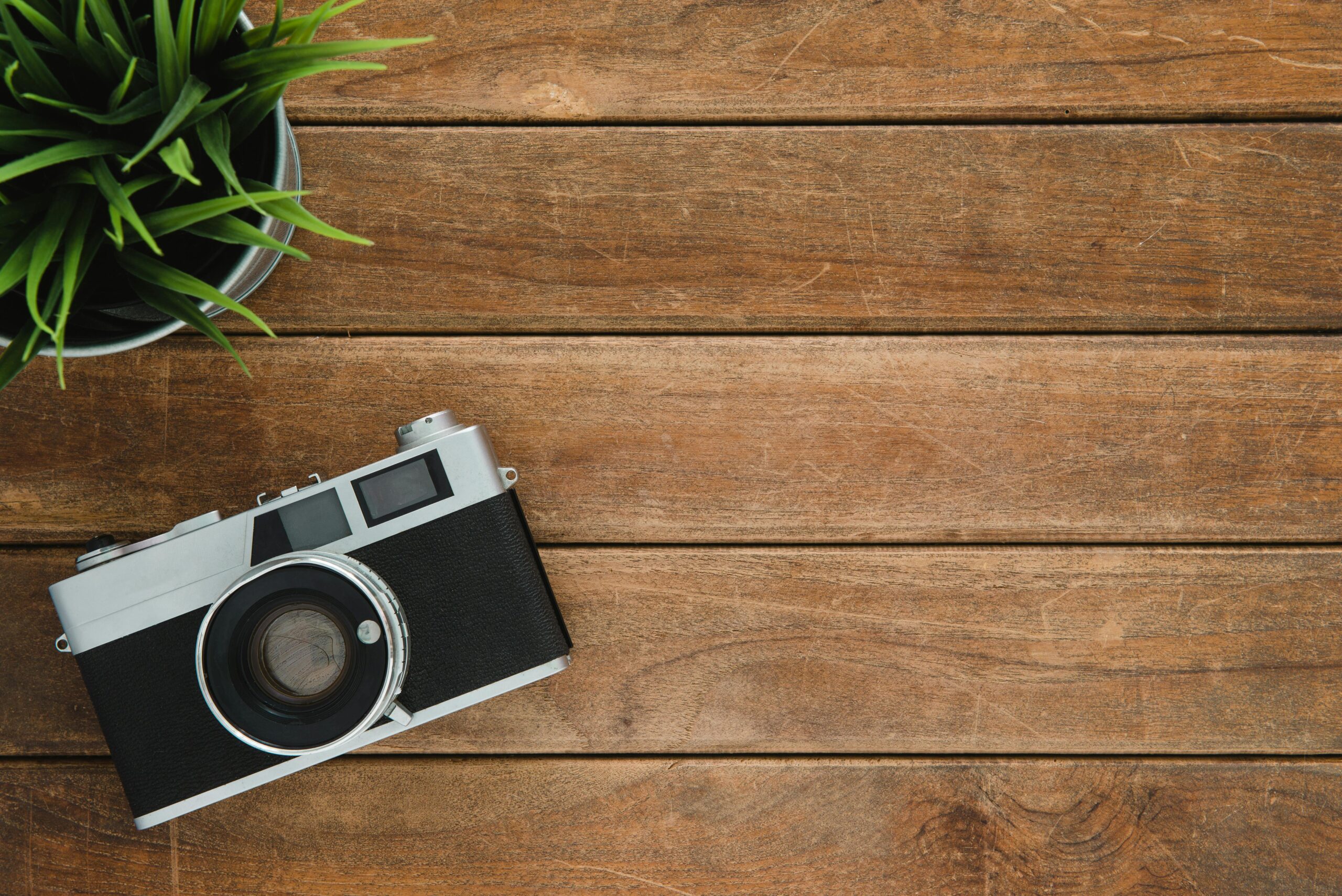In today’s global, where taking pictures via photos or videos has become more significant than just an interest for plenty, camera gadgets have become a vital part of life. Whether you’re a professional photographer, a passionate traveler, or someone who enjoys shooting the splendor around them, cameras are more significant than gadgets—they’re gear of expression, creativity, and recollections. However, like all precious ownership, cameras come with dangers. They can get damaged, stolen, or misplaced, which may be devastating. That’s why securing the future of your system with digital camera coverage is an investment worth considering.
Why Insure Your Camera?
There are many reasons why you should not forget insecurity and take digicam seriously, especially since it’s a significant part of your paintings or interests. Below are a number of the main reasons why digicam insurance isn’t always just a luxury but a need:
1. Accidental Damage
Accidents happen. Whether you drop your digicam, spill water on it, or damage it at some stage in your travels or work, cameras are sensitive devices, and any effect can result in highly-priced repairs or replacements. While some camera producers offer warranties for restrained maintenance, those generally do no longer cover accidental damages.
2. Theft and Loss
Cameras are valuable gadgets, and like any steeply priced device, they’re vulnerable to theft. Whether you’re traveling or operating in a busy public location, the risk of dropping your digital camera to a robbery is a regular worry. Most camera coverage rules cover theft, meaning you can have peace of mind knowing you’ll be compensated for the loss.
3. Natural Disasters
In certain situations, cameras can be damaged by natural calamities like floods, fires, or earthquakes. Many fashionable domestic coverage rules might not absolutely cover this sort of damage to specialized devices. With the proper digicam coverage, you can make certain that your gear is included in the event of a catastrophe.
4. Repair and Replacement Costs
Camera equipment is not reasonably priced. Even entry-level models can cost numerous hundred dollars, while expert gear can run into the heaps. The cost of maintenance, in particular when handling sensitive components like lenses and sensors, may be exorbitant. Without coverage, you could be facing big out-of-pocket expenses for repairs or maybe replacement.
5. Worldwide Coverage
Having nationwide or global coverage is essential for photographers and videographers who travel frequently. You never know where your gadget may be damaged or stolen, and having coverage that covers your camera worldwide ensures that you are protected wherever you move.
What Does Camera Insurance Typically Cover?
Camera insurance rules can vary extensively depending on the company; however, maximum comprehensive plans will cover the following:
1. Accidental Damage
This consists of any harm that takes place due to an accident, whether it’s dropping your digital camera, by chance knocking it into something, or spilling liquid on it.
2. Theft
If your digital camera is stolen, you’ll be compensated for the camera fee or reimbursed for the value of a substitute gadget.
3. Loss
If you misplace or lose your digital camera (or if it’s broken beyond repair and you can not recover it), digicaDigicam Insurancessist cowl twithlternative cost.
4. Fire and Natural Disaster
Depending on the policy, this will cover the damage to your camera caused by fire, floods, earthquakes, or other natural disasters.
5. Vandalism
If your camera is broken because of vandalism, such as a person intentionally adversely affecting it, it may be included with the aid of your coverage policy.
6. Worldwide Coverage
For photographers who journey worldwide, having coverage of incidents in other nations is helpful. Most specialized digicam insurance regulations will cover damage, theft, or loss at the same time as visiting.
7. Equipment Coverage
Many guidelines protect for more than just the camera body. Lenses, tripods, batteries, reminiscence playing cards, and other vital tools can regularly be covered in the coverage.
8. Rental Equipment
In some cases, you can also get insurance for condominium gadgets if you’re borrowing a digicam or lenses for a shoot, ensuring that your gear remains secure during the length of use.
Choosing the Right Camera Insurance Plan
Choosing the proper insurance plan for your digital camera isn’t always pretty much rate—it’s about understanding the insurance that suits your wishes. When selecting a policy, consider the subsequent:
1. Value of Equipment
Evaluate your system’s worth. If you have an excessive-stop digital camera with high-priced lenses, it’s critical to have a policy that properly covers the entire substitute value.
2. Type of Coverage
Ensure the policy you choose covers the threats you are most likely upon. For instance, if you tour frequently, you could want global coverage. If you usually shoot the interior, you may not need substantial coverage for loss or robbery.
3. Excess and Deductibles
Check the excess (or deductible) that includes the coverage. This is the amount you must pay out of pocket earlier than the insurance kicks in. A lower extra means less out-of-pocket expenses in case of a claim, but it may boost your top rate.
4. Exclusions
Read the fantastic print. Some guidelines exclude certain forms of damage (e.g., damage) or only cover cameras in unique conditions (e.g., not being used commercially). Make sure you recognize any exclusions.
5. Reputation of the Insurer
It’s crucial to pick an insurance agency with a good reputation for dealing with claims quickly and successfully. Read critiques, check patron testimonials, and ask for hints.
How Much Does Camera Insurance Cost?
The price of camera coverage can vary depending on numerous factors:
The Value of Your Equipment: The more expensive your digicam and add-ons are, the higher your top rate might be.
The Type of Coverage: Comprehensive regulations that cover robbery, loss, harm, and global coverage generally tend to value extra.
The Deductible: A lower deductible will lead to higher rates, while a better deductible can also reduce your top class but grow your out-of-pocket fees while you declare.
On average, you would possibly anticipate paying between $100 and $300 yearly for camera insurance, but this can vary greatly depending on the insurance you choose.
Camera Insurance vs. Homeowners Insurance
Many people expect their homeowner’s insurance coverage to cover their cameras, but that is often untrue. Standard homeowner’s guidelines may additionally provide restricted insurance for private assets. However, they regularly exclude precious equipment like cameras. Additionally, any damage or robbery outdoors of your property won’t be included.
Camera insurance, however, is specifically tailored to defend your tools from the dangers they face inside the area, such as robbery, damage during a shoot, or injuries at some point in the journey.
FAQ:
1. Is Camera Insurance Necessary for Hobbyists?
While it’s now not a requirement, if you have excessive-cease gear, camera insurance offers peace of thoughts and safety towards surprising incidents. If your digital camera is vital to your passion, it can be worth the funding.
2. Does Camera Insurance Cover Accidental Damage?
Yes, most digicam insurance rules cover unintentional harm, such as dropping your digicam or spilling liquid on it. However, affirming this with our company before assessing the coverage is crucial.
3. Can I Insure My Camera Worldwide?
Many digital camera insurance vendors provide coverage worldwide, so your tools are covered even abroad. This is especially vital for photographers and videographers who tour internationally.
4. What Happens if My Camera is Stolen?
If your digital camera is stolen, your insurer will typically reimburse you for the cost of replacing it minus your deductible. Some regulations may even cover robbery while touring.
5. Is Camera Insurance Expensive?
The value of camera coverage varies depending on the value of your system, the coverage options, and your provider. In common, it can range from $a hundred to $three hundred yearly.
6. Does My Camera Warranty Cover Damage or Theft?
Manufacturer warranties commonly no longer cover unintentional harm or theft. That’s why it’s critical to have separate insurance coverage if you want complete protection for your equipment.
Deduction
As a photographer or videographer, your camera gear isn’t always just an accessory; it’s an extension of your creativity and livelihood. Whether taking pictures of relatives’ memories, documenting activities, or growing art, your camera is critical to your ardor. Camera insurance gives you safe internet, ensuring that you may update or restore your system without economic strain if a surprise occurs—whether or not it’s a coincidence, robbery, or natural disaster. By protecting your equipment with the right coverage, you can pursue your passion with peace of mind, knowing your device is included anyplace you cross.
